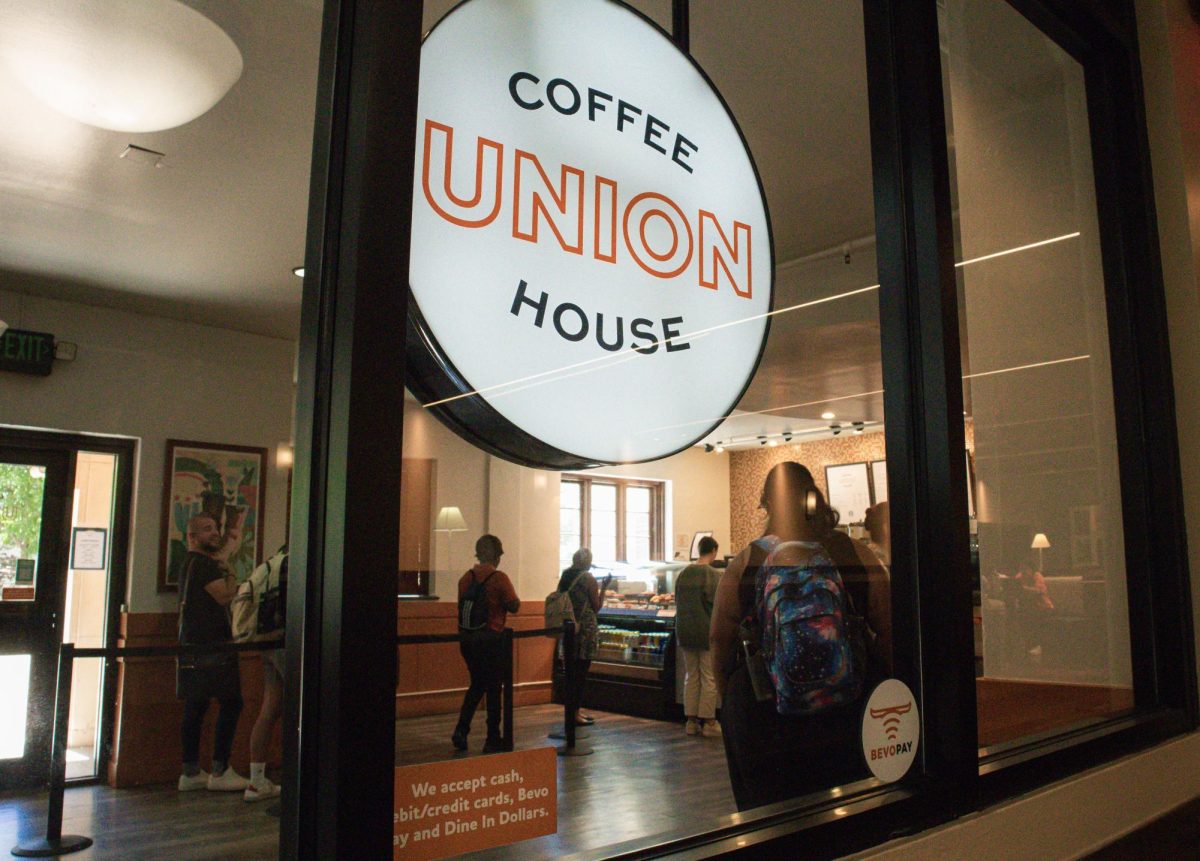A movement to boycott Starbucks surged in October when talk of the company’s support for Israel began circulating online and on campus. By February, sales in every campus shop with Starbucks licensing decreased.
Sales in three UT-owned Starbucks-affiliated locations (Littlefield Patio Café, Cypress Bend and Union Coffee) decreased by about $20,000 each from September to February. At Up and Atom’s, the only non-Starbucks-affiliated and UT-owned coffee shop, February sales increased by almost $25,000 from September.
The boycott movement began when Starbucks Workers United, a labor union of Starbucks baristas, tweeted in solidarity with Palestine in October. In response, Starbucks sued the union after the organization refused to delete the tweet. Starbucks faced retaliation and threats from customers thinking the company stood with Palestine, the company said in an October statement.
The clash between the union and Starbucks Corporation, instances of employees’ termination, past donations to Israeli companies and accusations of Starbucks funding the Israeli military sparked the boycott. Although Starbucks made their donations private, the corporation said in a December statement they have never used their profits to fund military operations.
“Starbucks unequivocally condemns acts of terrorism, hate and violence, and we strongly disagree with the views expressed by Workers United, including its local affiliates, union organizers and those who identify as members of “Starbucks Workers United” — none of these groups speak for Starbucks Coffee Company and do not represent our company’s views, positions, or beliefs,” said Sara Kelly, Starbucks chief partner officer in the October statement.
Allyson Brantley, author of “Brewing a Boycott,” said this Starbucks boycott differs from others because it does not follow a clear narrative. She said the conflicting information on the use of the company’s funds on top of the lack of a direct end goal can hurt the boycott.
Brantley said she cannot predict how long the boycott will last but assumes it will last as long as continuing war in Israel and Palestine stays on people’s minds and in the media.
“(A boycott’s) success doesn’t depend on what the company does,” Brantley said. “Boycotts are successful if they unite people, if they get people to think about the ramifications or consequences of their consumer activity.”
Physics sophomore Laila Qutob said she never supported Starbucks because her Palestinian family told her when she was young the company supported Israel and now she enjoys trying different coffee shops around the city. Qutob continues boycotting in hopes Starbucks takes action in support of Palestine, she said, or she hopes it at least makes a statement and gets people involved.
“It’s my right as somebody that has the freedom to do that in this country,” Qutob said. “When there is a problem, I need to take action against it, especially when I have the flexibility to do that.”
Editor’s Note: A previous version of this story incorrectly identified some on campus stores as licensed. They are independent food service providers, who also serve Starbucks goods. The Texan regrets this error.













